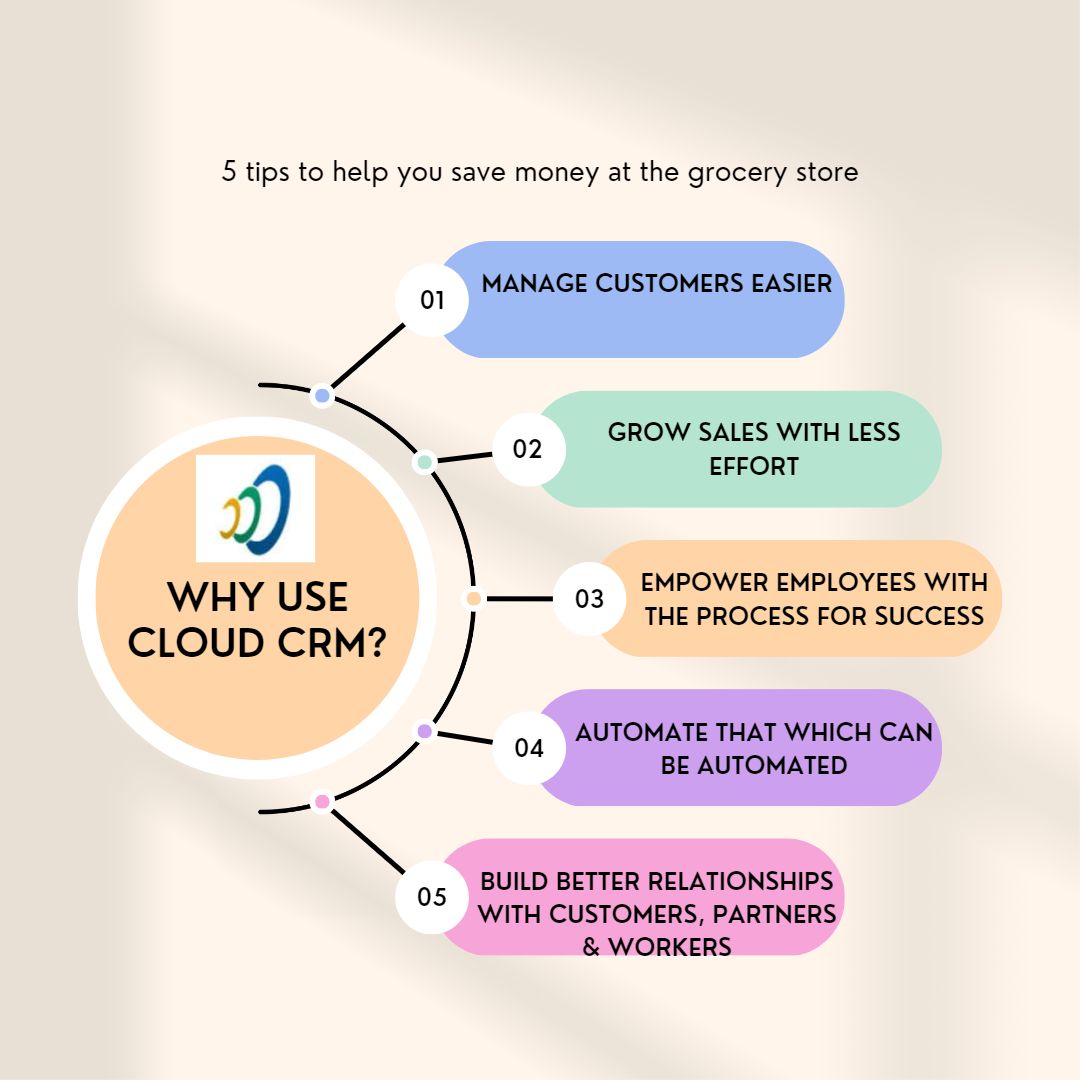Comprehensive Business API Guide - 36 APIs to Integrate today
Content:
- Introduction
- Microsoft Office API
- Zapier API
- Integromat API
- Twilio API
- Plivo API
- Vonage API
- Zoom Phone API
- Trello API
- Slack API
- Microsoft Teams API
- Google Workspace API and Gmail APIs
- Google Calendar API
- Google Drive API
- Google Maps API
- Google Analytics API
- Google Sheets API
- OpenAI ChatGPT API
- OpenAI Whisper API
- OpenAI Embeddings API
- OpenAI Moderation API
- Microsoft Outlook 365 API
- Microsoft Word API
- Microsoft Excel API
- Microsoft PowerPoint API
- Microsoft Docs API
- Microsoft SharePoint API
- RingCentral API
- MySQL Database API
- PostgreSQL Database API
- MongoDB Database API
- Microsoft SQL Server Database API
- Oracle Database API
- Amazon Web Services (AWS) API
- Google Cloud Platform (GCP) API
- IBM Db2 API
- SAP HANA API
In today's rapidly evolving business landscape, the seamless integration of APIs (Application Programming Interfaces) has become the cornerstone of innovation and efficiency.
This article introduces a diverse array of APIs from trusted providers like Microsoft Office, integration platforms like Zapier and Integromat, phone platforms for call automation, and other essential tools that can revolutionize your business operations.
-
Microsoft Office API:
Why Integrate: Harness the power of Microsoft Office by integrating its suite of applications with your workflow.
Automate document creation in Word, streamline data analysis in Excel, and enhance communication and collaboration through Outlook and Teams integrations. Seamlessly connect the world's most popular productivity tools with your business processes.
-
Zapier API:
Why Integrate: Zapier is a powerhouse integration platform that connects over 3,000 apps.
With the Zapier API, you can build custom automation workflows to connect your favorite applications and automate repetitive tasks. Zapier simplifies complex integrations, enabling your business to work smarter, not harder.
-
Integromat API:
Why Integrate: Similar to Zapier, Integromat is a no-code automation platform with over 500 integrations.
The Integromat API offers advanced automation capabilities, allowing you to orchestrate complex workflows that involve data manipulation, conditional logic, and multi-step processes.
-
Twilio API:
Why Integrate: Enhance communication with customers by integrating Twilio's API for voice and messaging.
Build interactive voice response (IVR) systems, automate SMS notifications, and enable click-to-call functionality to improve customer engagement and support.
-
Plivo API:
Why Integrate: Plivo offers voice and SMS APIs that simplify phone communication.
Integrate Plivo to automate call center operations, send appointment reminders, and facilitate two-way SMS interactions with your audience.
-
Vonage API:
Why Integrate: Vonage provides a suite of communication APIs, including voice, video, and messaging.
Integrate Vonage to create virtual call centers, enable video conferencing, and automate customer engagement through messaging channels.
-
Zoom Phone API:
Why Integrate: Zoom Phone API allows you to connect Zoom's powerful cloud-based phone system with your applications.
Improve customer interactions with call recording, analytics, and call center integrations.
-
Trello API:
Why Integrate: Trello is a versatile project management tool.
By integrating Trello's API, you can automate task creation, track project progress, and enhance collaboration across your organization.
-
Slack API:
Why Integrate: Enhance team communication and collaboration by integrating Slack.
Automate notifications, share files seamlessly, and build custom chatbots to streamline workflows.
-
Microsoft Teams API:
Why Integrate: Connect Microsoft Teams with your CRM, project management, and file-sharing tools.
Enable team collaboration, video conferencing, and chat within your business applications.
-
Google Workspace API and Gmail APIs:
Why Integrate: Seamlessly integrate Google Workspace with your workflow.
Automate email, calendar events, document sharing, and more to boost productivity and collaboration.
-
Google Calendar API:
Why Integrate: Automate scheduling, appointment reminders, and event management by integrating Google Calendar with your CRM, booking system, and other tools.
-
Google Drive API:
Why Integrate: Simplify file management and collaboration by connecting Google Drive to your document management and storage systems.
-
Google Maps API:
Why Integrate: Enhance location-based services by integrating geocoding and mapping capabilities for your applications, improving logistics and customer experiences.
-
Google Analytics API:
Why Integrate: Gain deeper insights into website and app performance by connecting Google Analytics with your data analysis tools.
-
Google Sheets API:
Why Integrate: Automate data entry, analysis, and reporting by integrating Google Sheets with your business applications.
-
OpenAI ChatGPT API:
Why Integrate: Enhance customer support and engagement by connecting ChatGPT to your chatbots, CRM, and support platforms. Provide instant answers and automate responses.
-
OpenAI Whisper API:
Why Integrate: Automate transcription of audio content and voice-based customer support by integrating the Whisper API. Enhance your voice AI capabilities.
-
OpenAI Embeddings API:
Why Integrate: Improve search functionality, content recommendations, and data analysis by integrating the Embeddings API for language model embeddings.
-
OpenAI Moderation API:
Why Integrate: Ensure content safety and protect your brand reputation by integrating the Moderation API for detecting inappropriate or harmful content in user-generated content.

By strategically integrating these APIs into your business ecosystem, you can enhance communication, automate workflows, streamline data management, and leverage AI capabilities to stay competitive and deliver exceptional customer experiences. The possibilities are endless, and the potential for innovation is boundless.
-
Microsoft Outlook 365 API:
Why Integrate: Microsoft Outlook is a cornerstone of business communication. By integrating the Outlook 365 API, you can connect your email, calendar, and contacts with other essential business applications.
This integration streamlines email marketing, appointment scheduling, and contact management, ensuring that your team is always on the same page and never misses a critical email or meeting.
As businesses evolve, the importance of seamless API integrations becomes increasingly evident. With the right set of APIs, you can automate tasks, improve communication, enhance data analysis, and provide exceptional customer experiences.
Whether you're connecting office productivity tools or communication platforms, the possibilities for innovation are virtually limitless.
Embrace the API-driven future to stay ahead in today's competitive business landscape.

-
Microsoft Word API:
Why Integrate: Microsoft Word is a go-to tool for document creation and editing.
With the Microsoft Word API, you can automate document generation, template filling, and formatting. Seamlessly merge data into Word documents, creating personalized reports, invoices, and proposals.
-
Microsoft Excel API:
Why Integrate: Microsoft Excel is synonymous with data analysis and reporting. By integrating the Excel API, you can automate data entry, data manipulation, and reporting tasks.
Extract valuable insights from Excel sheets and create real-time dashboards for better decision-making.
-
Microsoft PowerPoint API:
Why Integrate: Elevate your presentations with the Microsoft PowerPoint API.
Automate slide creation, content updates, and design adjustments. Ensure that your presentations are always up to date and visually appealing.
-
Microsoft Docs API:
Why Integrate: Microsoft Docs is a collaborative document editing platform.
The Microsoft Docs API allows you to integrate document creation and editing capabilities into your applications. Foster collaboration, version control, and document sharing within your business workflows.
-
Microsoft SharePoint API:
Why Integrate: Microsoft SharePoint is a versatile platform for content management and collaboration.
By integrating the SharePoint API, you can connect your document libraries, intranet, and collaboration sites with other business applications.
Streamline document access, sharing, and collaboration while maintaining security and compliance.
API integrations for Microsoft Office products enhance document creation, data analysis, and presentation capabilities.
Additionally, SharePoint integration strengthens content management and collaboration.
With these APIs, your business can automate processes, boost productivity, and ensure that your team has the tools they need to succeed in today's dynamic business environment.
-
RingCentral API:
Why Integrate: RingCentral is a leading provider of cloud communications and collaboration solutions.
By integrating the RingCentral API, you can enhance your communication and customer support capabilities.
Connect RingCentral with your CRM, automate call routing, and enable seamless phone interactions with your customers.
-
MySQL Database API:
Why Integrate: MySQL is one of the most popular open-source relational databases. Integrating the MySQL Database API allows you to connect your applications with the MySQL database management system.
Streamline data storage, retrieval, and management for better data-driven decision-making.
-
PostgreSQL Database API:
Why Integrate: PostgreSQL is a powerful open-source relational database system known for its robust features.
The PostgreSQL Database API enables integration with PostgreSQL databases, providing scalable and reliable data storage and retrieval capabilities for your applications.
-
MongoDB Database API:
Why Integrate: MongoDB is a popular NoSQL database designed for flexibility and scalability.
Integrating the MongoDB Database API allows your applications to interact with MongoDB databases, making it easier to manage unstructured or semi-structured data.
-
Microsoft SQL Server Database API:
Why Integrate: Microsoft SQL Server is a widely used relational database management system.
With the Microsoft SQL Server Database API, you can connect your applications to SQL Server databases, ensuring data integrity, security, and efficient data processing.
-
Oracle Database API:
Why Integrate: Oracle Database is an enterprise-class relational database management system.
Integrating the Oracle Database API allows you to connect your applications to Oracle databases, facilitating robust data storage and retrieval capabilities.
-
Amazon Web Services (AWS) API:
Why Integrate: Amazon Web Services offers a wide range of cloud-based services.
By integrating the AWS API, you can connect your applications with AWS services, such as storage, compute, machine learning, and more, to scale your business operations.
-
Google Cloud Platform (GCP) API:
Why Integrate: Google Cloud Platform provides cloud computing and data analytics solutions.
Integrating the GCP API allows your applications to access Google's cloud services for data storage, machine learning, and other advanced capabilities.
-
IBM Db2 API:
Why Integrate: IBM Db2 is a database management system known for its reliability and performance.
The IBM Db2 API enables integration with Db2 databases, ensuring data availability and robust query performance.
-
SAP HANA API:
Why Integrate: SAP HANA is an in-memory database and application platform.
The SAP HANA API facilitates integration with SAP HANA databases, enabling real-time data processing and analytics for your applications.

By integrating these APIs, your business can optimize communication, enhance data management, and scale its operations effectively.
Connecting to databases ensures that your applications have access to the data they need, while communication APIs like RingCentral enable seamless interactions with customers and colleagues.
These integrations empower your business with the tools required to thrive in a data-driven and connected world.
Please reach out to us with your specific requests for an AI app and we can make it a reality.